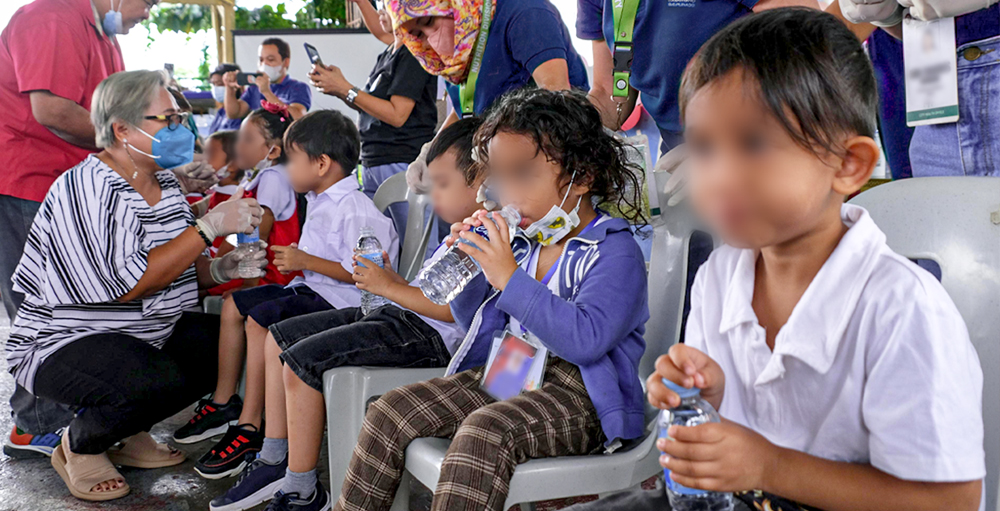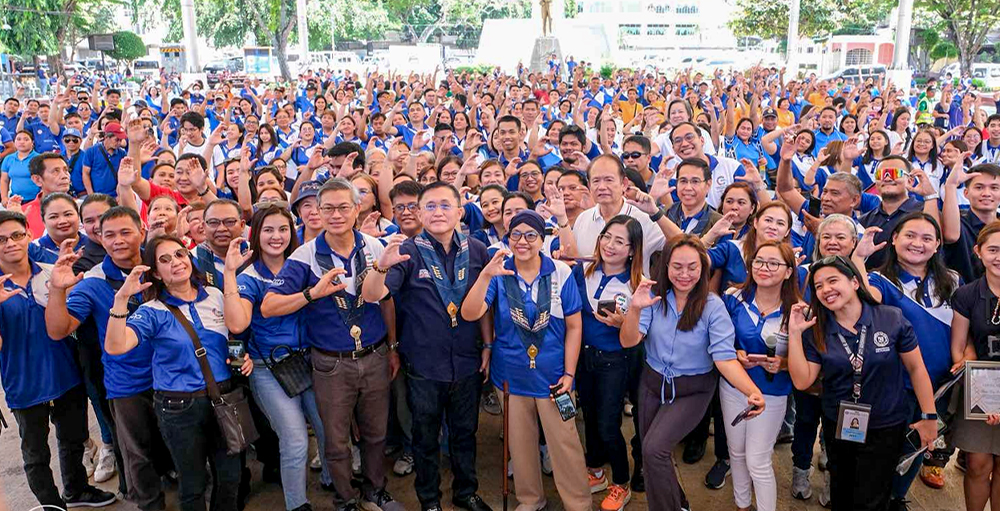The City Health Office (CHO) has called on all barangays to create their own Barangay Mosquito-Borne Viral Disease Task Force to combat the rising number of dengue cases in the city.
From January to August this year, the CHO has logged 1,506 dengue cases which is significantly higher than the 1,052 cases for the same period last year. A total of 28 deaths due to dengue have been reported this year, also higher than the 13 recorded in January to August last year.
CHO Tropical Diseases Division Head Melodina Babante said dengue cases in the city have risen due to unpredictable weather patterns that worked to benefit the breeding process of dengue-carrying mosquitos.
Babante said the fight against dengue must be brought to the community level by urging all barangays to establish their own Barangay Mosquito-Borne Viral Disease Task Force solely dedicated to curbing the number of dengue cases in their area.
“Ang City Health Office gina-empower namo ang mga barangay official na mutabang sa pag-intervene ani na sakit kasi hindi kaya ng City Health Office na kami lang ang gagawa ng interventions. Sila, lalo na atong mga residente diri sa Davao City, sa ila naggikan ang pamaagi para mapakgan kining sakit nga dengue. (The City Health Office is empowering the barangay officials to assist in the intervention of this disease because the City Health Office cannot do the interventions alone. They, especially our residents here in Davao City, are the key to fighting this dengue disease)” said Babante.
“Ongoing ang atong collaboration with barangay officials na maghimo sila og dengue task force (We are collaborating with barangay officials to have them create a dengue task force),” she added.
Having the task force, Babante said, is crucial in conducting a consolidated effort to prevent the propagation of dengue-carrying mosquitos by searching and clearing breeding grounds. The task force could also monitor the human population under their area of responsibility for early signs of infection and deter an outbreak with early intervention.
Only nine of the 182 barangays in the city have an active Mosquito-Borne Viral Disease Task Force. These barangays have reported the least number of infections for the past several years, suggesting that the task force is indeed effective in reducing dengue cases.
Another 14 barangays have already established their own task force but these had since become dormant and in need of reactivation.
Babante said despite of the 2019 Executive Order No. 33, which mandates the creation of the task force in all 182 barangays in the city, only a handful of barangays have established their Mosquito-Borne Viral Disease Task Force.
This is why, Babante said, the CHO is currently collaborating with the Department of Health (DOH) to come up with a strategy to compel barangay local government units to establish or reactivate their task force and remind citizens that dengue is a highly fatal disease and a very real threat in all communities.
The CHO is also pushing its 5-S strategy to combat the disease at the household level.
The strategy pertains to the (1) search and destruction of mosquito breeding grounds, (2) practice of self-protection by using insect repellants, (3) seeking of early medical consultation, (4) sustained rehydration, and (5) support of fogging and spraying activity against dengue-carrying mosquitos.
“Pahinumdom lang sa atong mga igsoon diri sa Davao City, ato lang sundon ang 5-S strategy aron malikayan nato ang sakit na dengue (Just a reminder for all our fellow Dabawenyos, let us follow the 5-S strategy so we can avoid the dengue disease),” Babante said. CIO





